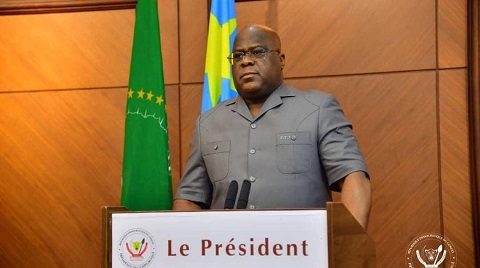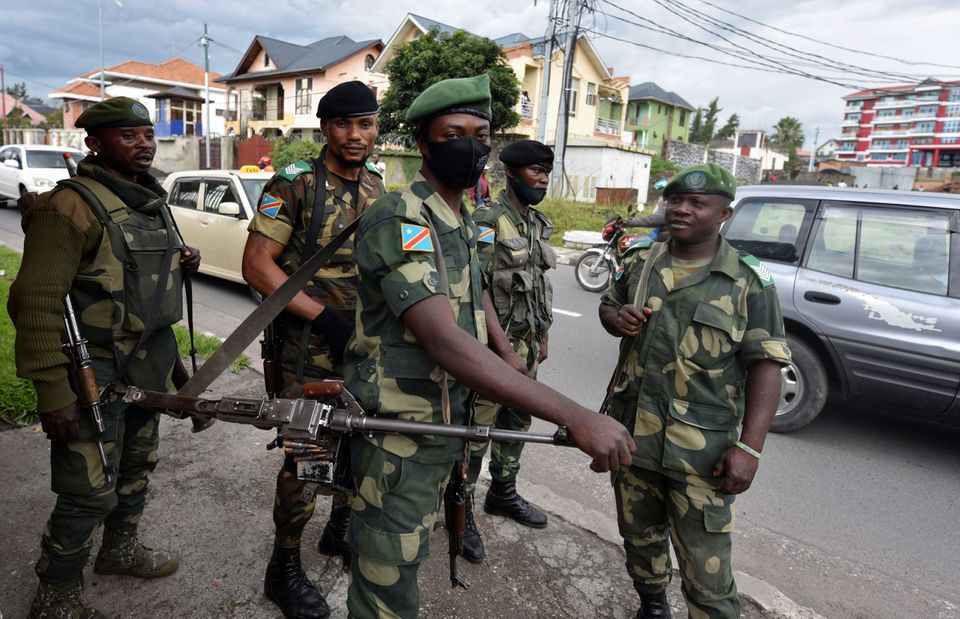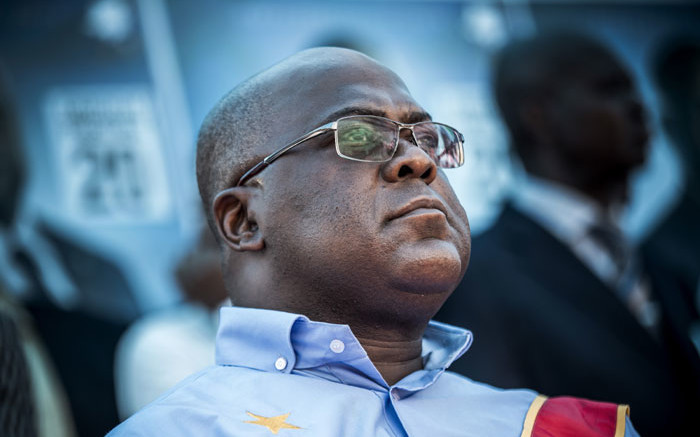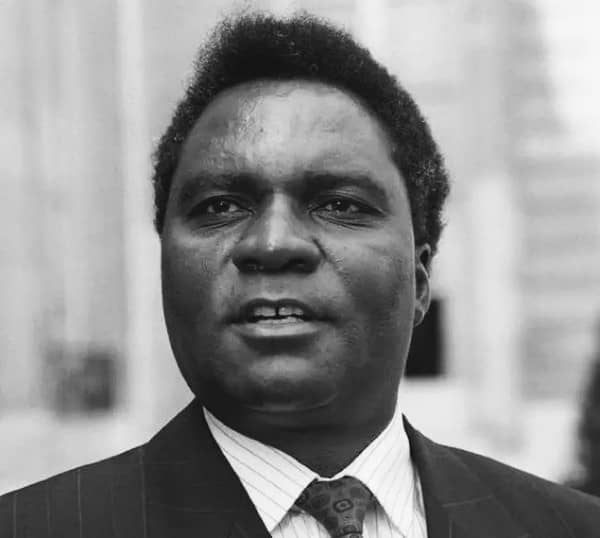Regional
Tshisekedi’s lies stocking the fire

As he addressed his nation, on November 3, in a 10-minute
televised speech, President Félix Tshisekedi of the Democratic Republic of
Congo (DRC), reignited his accusation against Rwanda, insisting – without
presenting the slightest bit of evidence – that Kigali is supporting rebel
groups in his country.
However, the Congolese leader’s speech was full of lies.
Time and again, DRC leadership has blamed its weakness and internal conflicts
on Rwanda.
At the very start of his speech, Tshisekedi tackled the
insecurity situation in the east of the country, where M23 rebels are currently
occupying swathes of territory in areas such as Rutshuru and Bunagana, since
June. Fighting resumed on October 20 after Congolese forces attacked the
rebels' bases.
“The aggression of and occupation of these territories in the North-Kivu is
perpetrated by the M23 terrorist, with support in terms of manpower and
logistics from Rwanda,” Tshisekedi said.
He went on and on about his numerous efforts to revive
diplomatic ties with neighboring countries; Rwanda and Uganda, noting that “however,
Rwanda surprised us by reactivating the M23 terrorists.”
The alleged support of Rwanda to M23 is a lie that Tshisekedi
and his allies continue to advance. The M23 rebels are Congolese – not Rwandan
nationals as Kinshasa would like to mislead the world – and their concerns are
part of DRC’s internal political problem. The M23 is a Congolese rebel group
whose aim is to protect its people - Congolese Tutsi and Rwandophones - from
oppression in their homeland.
The M23
was defeated, following what appeared to be internal wrangles, in 2013 and it
dispersed and fled to Rwanda and Uganda. The group that fled to Uganda returned
to DRC in 2017, but had remained dormant until it resumed activities again in
late 2021.
The group that fled to Rwanda was immediately disarmed,
secured and relocated to Rwanda’s Eastern Province, far away from the
Rwanda-DRC border. Genuinely examining why the group is taking up arms again
after all this time is a very important step in the path to finding a lasting
solution to their grievances and the puzzle of insecurity in eastern DRC.
The rebellion was caused by national grievances linked to
lack of security, discrimination of their community and poor governance at
large.
On top of Rwanda’s alleged support to M23, Tshisekedi
accused Kigali of stealing his country’s minerals, under what he said was the
false accusation that his army, FARDC, supports the FDLR. The latter are a
terrorist militia group formed by the perpetrators of the 1994 genocide against
the Tutsi in Rwanda. They were given safe heaven by successive Congolese
regimes ever since they fled from Rwanda nearly three decades ago. Lately, to
complicate issues, reports indicate that Tshisekedi is using this genocidal
militia group in the battle against the M23 rebels.
Before lying to his country, and to the world, Tshisekedi
should have at least covered up the traces of his army’s crimes. On October 18,
Human Rights Watch published a report,
exposing how DRC troops provide ammunitions, uniforms and boots; not only to
the FDLR but also to other Mai Mai groups.
After expelling Rwanda's ambassador, Tshisekedi lied that
diplomatic efforts to ease tensions have not led to any tangible result. The
fact is that Kinshasa never really was inclined to pursue the path of diplomacy,
having failed to have a fully fledged diplomatic mission in Kigali for nearly a
decade. Worse still, by declaring war on Rwanda, the Congolese leader actually dismantled
the diplomatic processes earlier launched in Kenya's capital Nairobi and
Luanda, Angola. Tshisekedi never really gave diplomacy a chance.
The conflict, Tshisekedi said, would require "sacrifice",
as well as "the engagement of all of (the nation's) daughters and all of
its sons.”
"In response to the strong demand from the youth, I
invite them to organise themselves into vigilance groups with a view to
propping up, accompanying and supporting our armed forces".
Anyone would applaud the Congolese leader’s stern warning
against hate speech, stigmatization and xenophobia against Rwandophone communities,
when he said that all criminal acts similar to that will be severely punished,
if only his words were not more lies and hypocritical.
Following the recent seizure of Rutshuru by the M23
rebels, Congolese civilians, soldiers and government officials took to the
streets of Goma to protest against Rwanda’s ‘aggressions’ and ‘barbaric
actions’. This was followed by lynching, harassing and attacking any ‘Rwandan’
nearby.
To date, no one has been arrested, punished or held
accountable for their actions. This proves that Tsisekedi’s ‘severe
punishments’ only exist in his speeches.
For peace to prevail between the two countries, blame
games from DRC need to stop, and, political and diplomatic maturity must
prevail.



.jpg-20221102100150000000.jpg)


